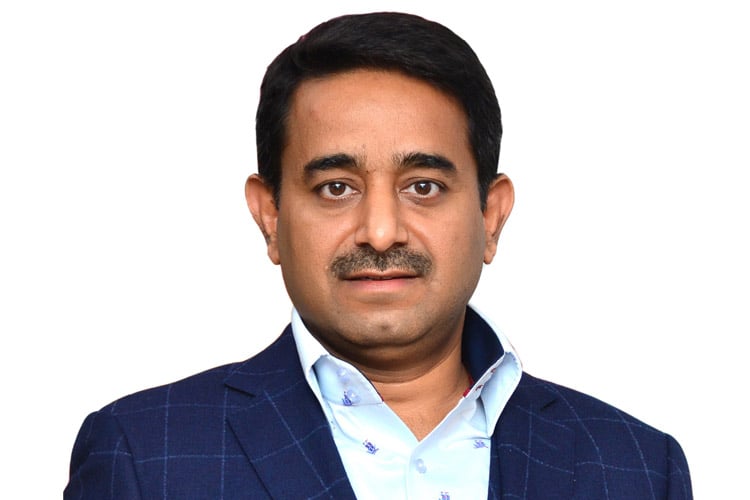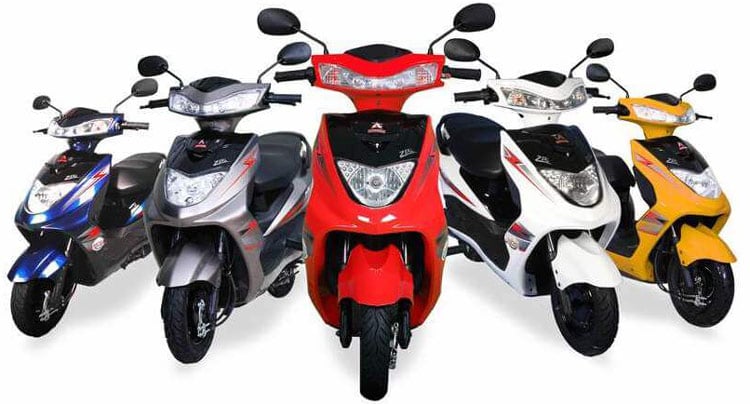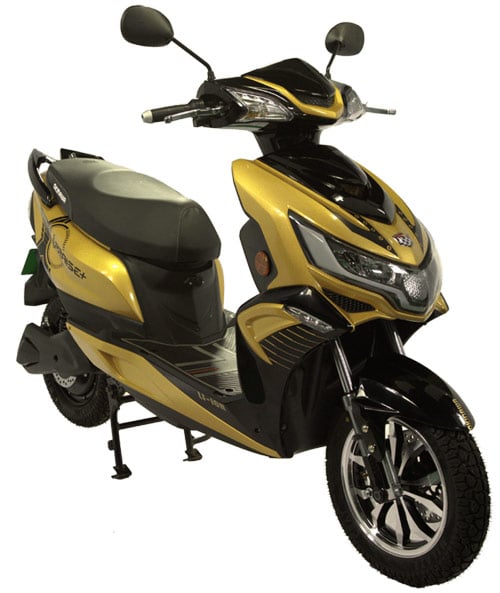
Back in 2019, electric vehicle was speculated to reach a very high peak, with more than two million electric cars sold internationally and it accounted for a record of 2.5 percent of the worldwide light vehicle (LV) market. But, the sudden spark of coronavirus infection disrupted workforces and supply chains, closed factories, which ultimately caused the deceleration of global economy. This economic disbalance enormously disrupted the worldwide electric vehicle industry. Now, the earlier speculations of its growth seem outmoded. Apart from this, the EV cluster is facing scores of other new challenges, which is making it bit difficult to popularize among consumers. In this context, we spoke to Jeetender Sharma, MD, Okinawa Scooters about why it is taking so long for EVs to popularize in India and other parts of the world, current initiatives to solve the challenges, and most importantly, current technologies integrated in these vehicles.
Q. Where do you put the Indian EV domain both in terms of technology and initiatives Would you like to highlight some particular initiatives and technology that could strengthen the domestic EV chain?
I think when you talk about the technology, innovation is happening every day in this sector because electric vehicle now become more futuristic and is more like electronic vehicles. In the EV space, the technology is changing very fast. Earlier the EV was in the lead technology, then it changed to the advanced battery. Further, it changed to lithium ion, and now the chemistry of lithium and Nickel, Manganese, and Cobalt (NMC) to Lithium Iron Phosphate (LFP) batteries. Ultimately the vehicles started having solid state batteries.
A couple of years back, the vehicles are not connected. Currently, with the help of technology you can control your vehicle through your app or maybe through mobile phone. For an instance, at Okinawa, we already have a product in which you can connect the complete vehicle and you can control the vehicle with your smartphone. Youngsters now understand that technology is changing with the time and if the good technology innovation is there, they will go for it and they will adopt it.
Q. What are the various challenges currently this sector is witnessing? Can you point out some of the appropriate solutions that could solve the challenges?
There are now three major challenges out there in the industry and the most important one is about the awareness. People are actually not aware about the benefits and usage of electric vehicles as such. The second one is supply chain perspective. We should always think of making a sturdy product where we have a good supply chain network in India and then we can have a quality control on the product side and on the component side as well. Automobile companies should think of growth and popularity of these vehicles because people always compare EVs with the Internal Combustion (IC) engine backed vehicles. So, we should get the right product at the right cost with a good quality. The third problem is to make people understand how this product because they are not familiar with its technology. But I think slowly these things will move away as lots of awareness campaigns are coming up, the government backed programs like inter-state campaigns would help further.

Source: Okinawa
Q. What are your views on implementing AI and IOT in electric vehicles. What are your thoughts on it?
We are already using and implementing IoT since the past two years and our products like iPraise plus and Ridge plus is already equipped with this technology. There is already a massive demand of IoT and artificial intelligence (AI) in EVs since the past two and half years. I personally think it is an excellent move for this sector and other automobile firms because it will make the products more cutting-edge and popular among people. Consumers always go for a product which they understand and like and in this case, if their vehicle is artificial Intelligence enabled or IOT enabled they can get all information on their palms with the help of their smart phone.
Q. What is the current business model of Okinawa and how much it has changed over the years?
Our strong business model relies on our network, which is mostly our dealership network. It has got three important models like sales, service, and spare parts. We always like to give the complete ecosystem to the consumer because when they buy the product they don’t need to worry about after sales service. In EV, the technology is new, which is a challenge for the consumers also. When the COVID-19 appeared, many usual things were changed in business. From offline sales service, we introduced our online sales where consumers can purchase their products and also book for customer care or after sales service.
Q. When you speak of electric vehicle the major concern among buyers and the researchers is that it's a worry of battery or a charging station. So, what are your views on it? Consumer still worry about charging stations?
In my opinion, more charging stations are required where it will serve two purposes. First, they will bring the awareness about the electric vehicles and second thing it is good for four-wheeler and the three wheelers too. If you see the geography of India the size is so big if you want to setup numerous charging station, I think it will take years. So, the second thing is if you give ease to the consumer, you don't require the charging station because this is a myth in the back of the customer’s mind. At Okinawa, we gave ease to our customers that they can charge their scooter anywhere and at any place with a normal three pin plug, like you're charging a mobile phone. We have introduced detachable battery which you can easily take out and can charge at anywhere you wish.

Source: Okinawa
Q. What are your biggest differentiating aspects that helps you stay ahead of the competition curve?
Okinawa’s product is about the look, feel and size of our electric scooters. It is as sturdy and fast like IC engine and families can travel with much comfort and safety. We have various other kind of products as well, which are in six categories. We have other scooters especially made for females and there is also b2b scooter available for delivery purposes. So, we always try to offer a complete solution for a family and they can select it as per their key requirement.
Q. What are your roadmaps in the coming year and how you are planning to amend the ecosystem?
We are now currently focusing on expansion of our business and product category. In the coming years, we have decided to unleash a range of new scooters and motorcycles in high-speed category. Then, we are now coming up with a new facility where we will increase our capacity in the phase manner in vehicles. To boost the ecosystem, we are putting more awareness on our website and we are also planning to develop the supply chain ecosystem with other partners as well. This is an impeccable way to craft the ecosystem more robust.

